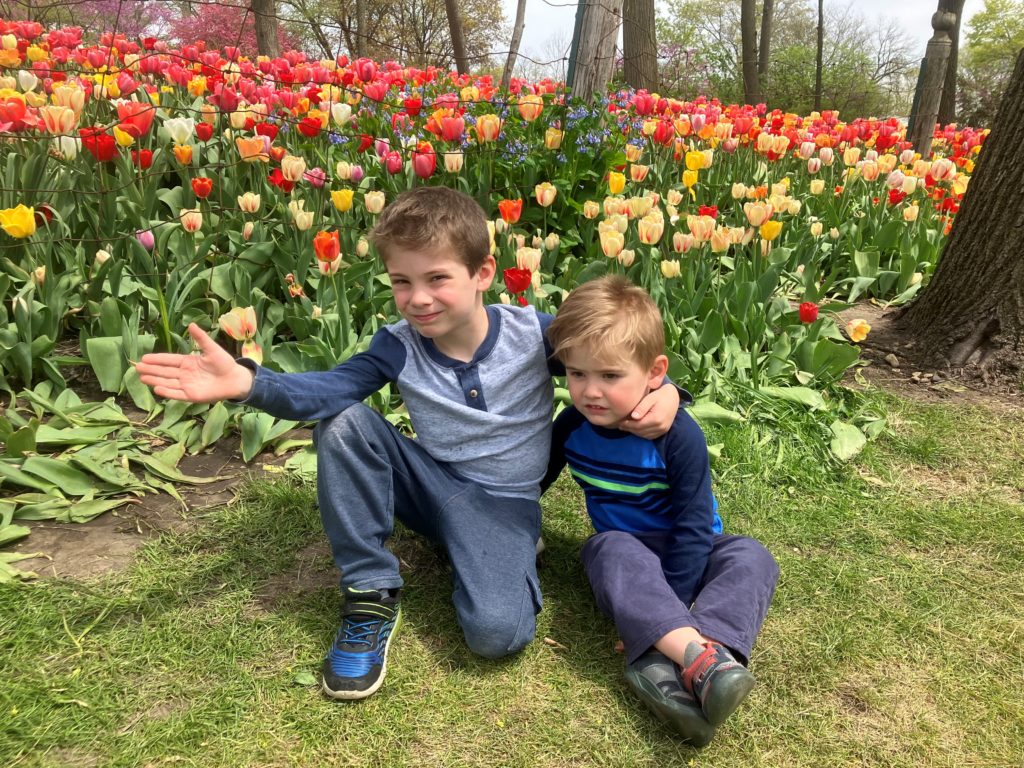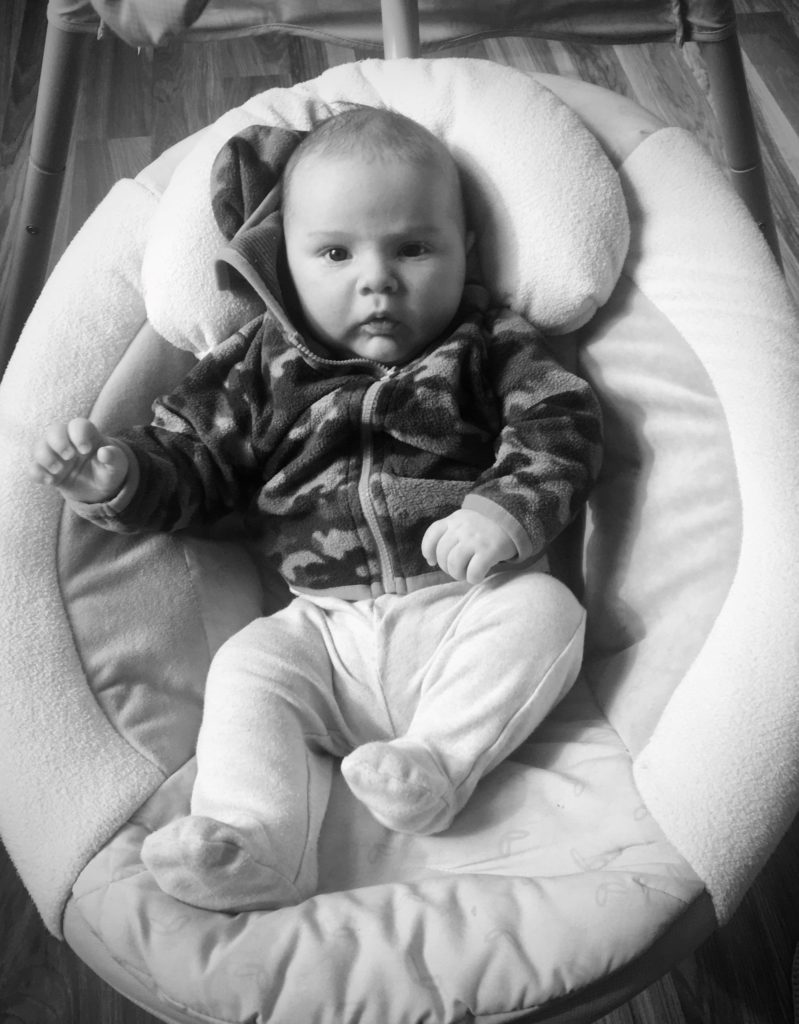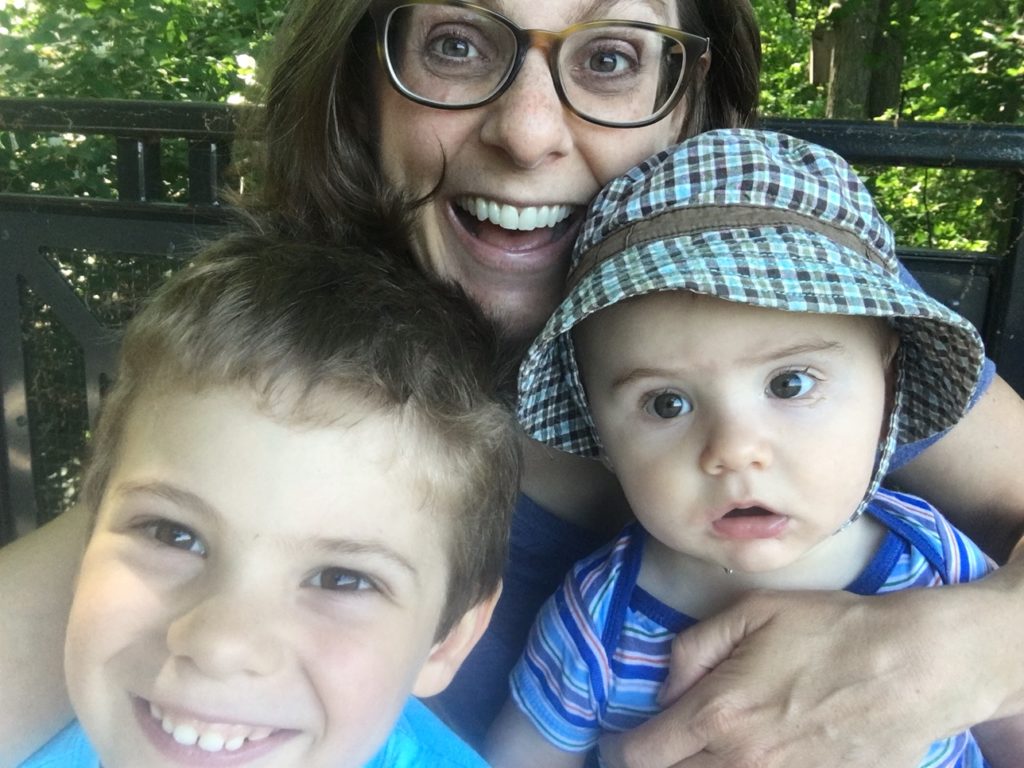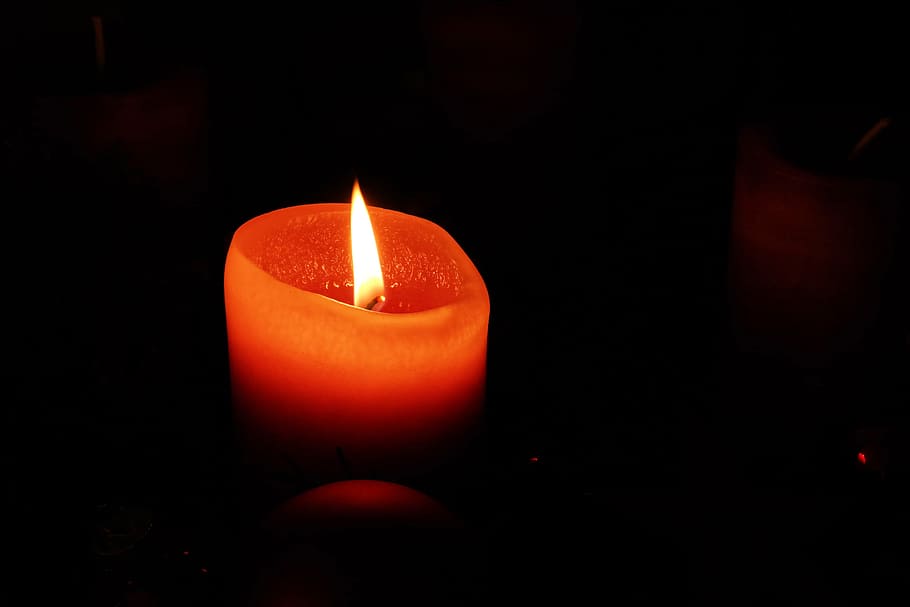For my birthday this year, I had one request: to go on a fall hike as a family. I wanted to walk until the buzz of world events, work deadlines, laundry, and homework packets faded, replaced by chirpy crickets, crunchy leaves, and scampering squirrels.
The thing about slowing down, though, is that it doesn’t happen automatically, particularly once you’ve clocked several decades around the sun.
Daniel and I had a route planned out for our hike—and a pace that accompanied it. Our boys had other ideas. “Let’s find a four-leaf clover!” they said, plopping down in the middle of the trail.
I have never found a four-leaf clover myself. I’m not sure there’s an art to it as much as there’s a pace to it. It’s hard to find one at the pace of a car, for example, and it’s equally hard to find one when you’re going at the pace of running-a-few-minutes-late or the pace of too-little-margin.
I’m no horticulturalist, but I have a hunch the conditions for finding a four-leaf clover have less to do with weather or longitude or precipitation and more to do with how fast you’re moving. Maybe the secret is to slow down, to sit down, to let the sun rays kiss your shoulder. And maybe it’s not so much about luck as time. As my kids are teaching me, the only way to accept the gift of time is to downshift my speed. Otherwise, I just might walk past (or step on) the very thing I’m looking for.
I tried to temper my boys’ expectations, wanting to shield them from disappointment. But sure enough, after some unmeasured minutes of sitting smack dab in the middle of the trail, our eight-year-old found a tiny four-leaf wonder—a treasure for his treasure box.
I experienced a wonder that day too—a glimpse into the “unforced rhythms of grace,” as Eugene Peterson puts it. The treasure I brought home was less tangible but no less real. It was the smile that radiated from my boy’s face like the October sun.
Teach the children. We don’t matter so much, but the children do. Show them daisies and the pale hepatica. Teach them the taste of sassafras and wintergreen . . . head them upstream, rejoice as they learn to love this green space they live in, its sticks and leaves and the silent, beautiful blossoms. Attention is the beginning of devotion.
Mary Oliver, Upstream







